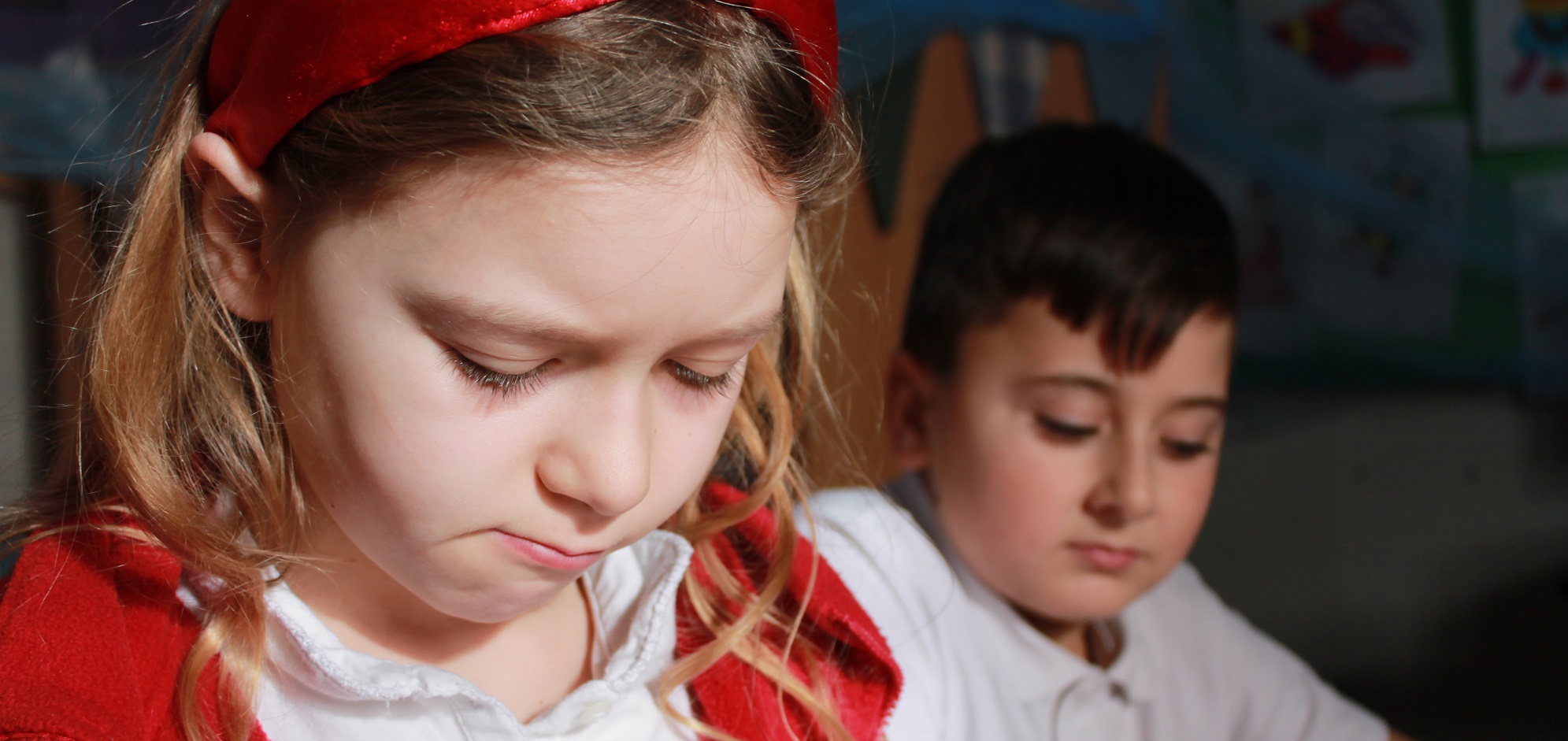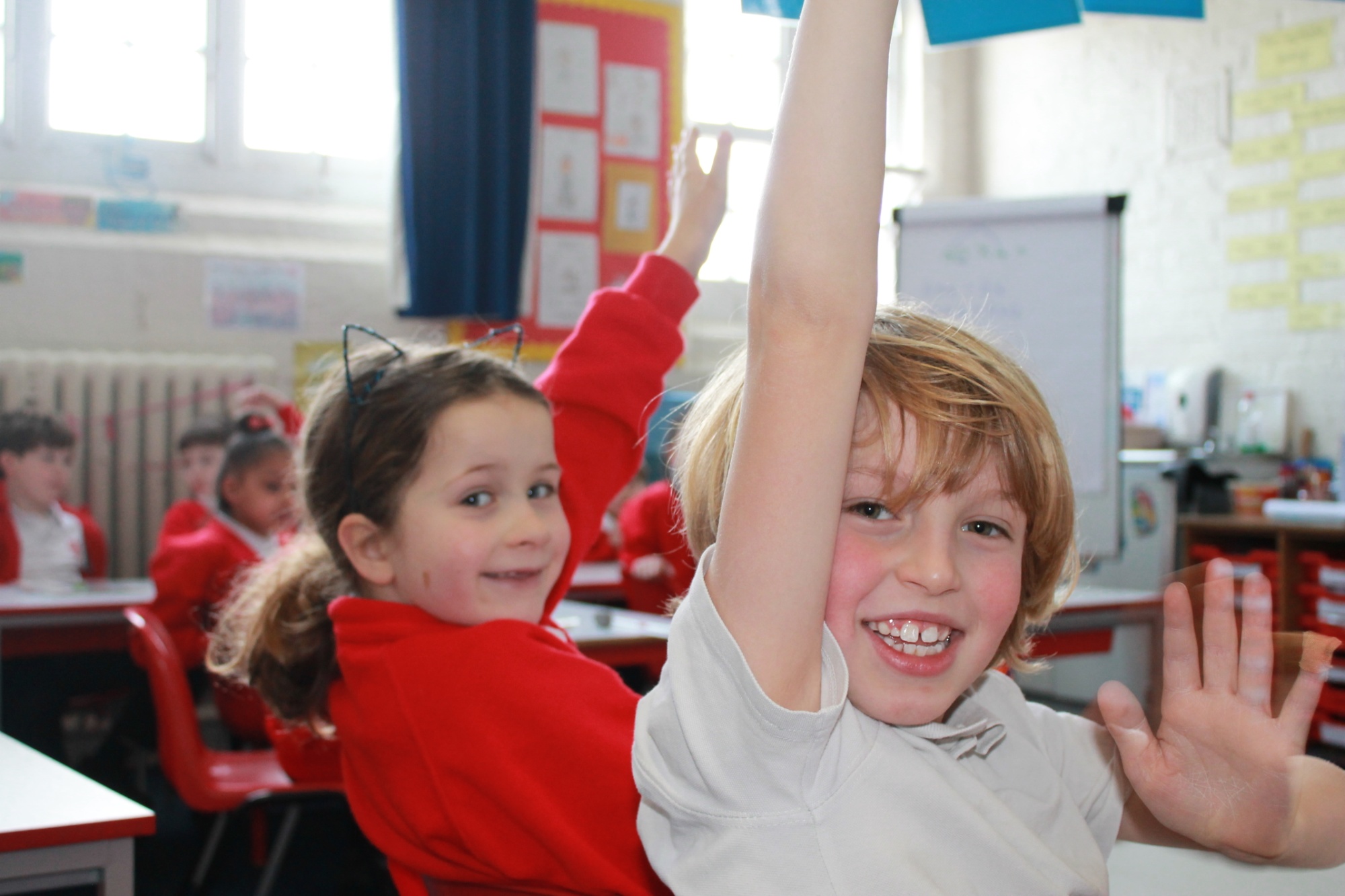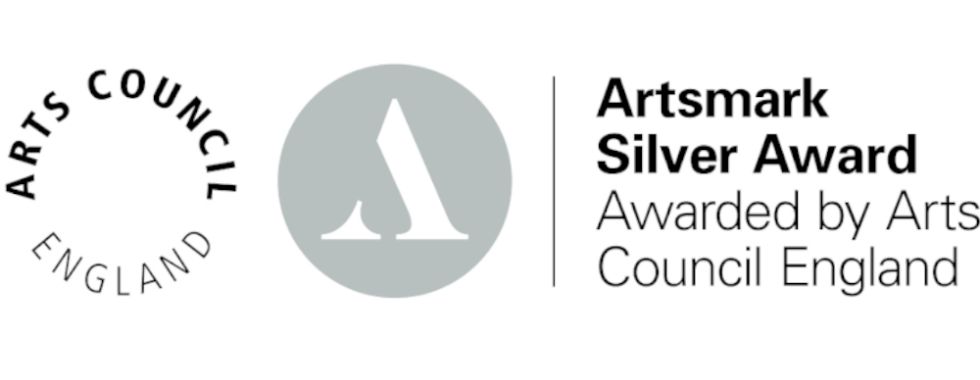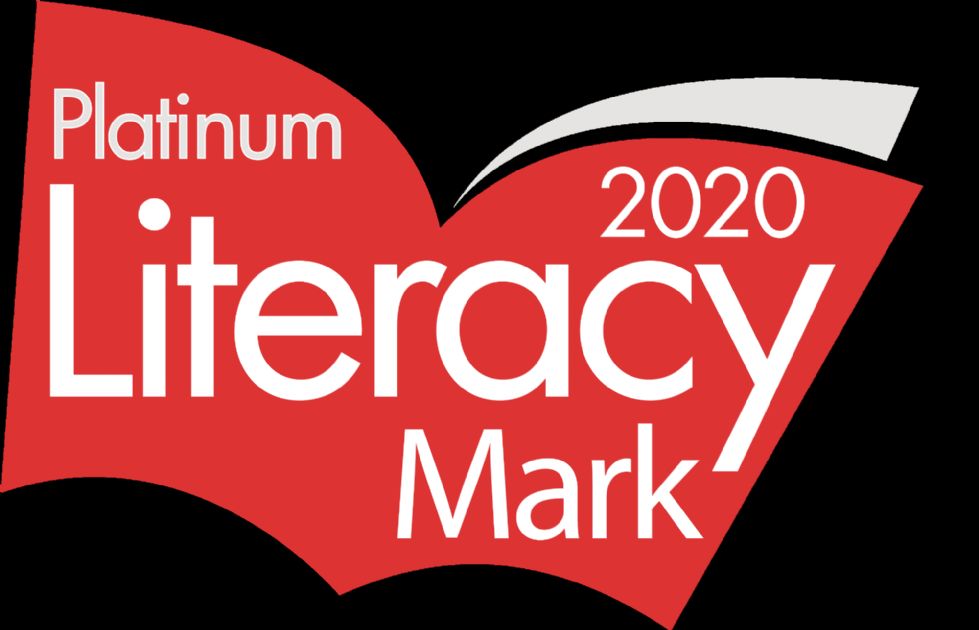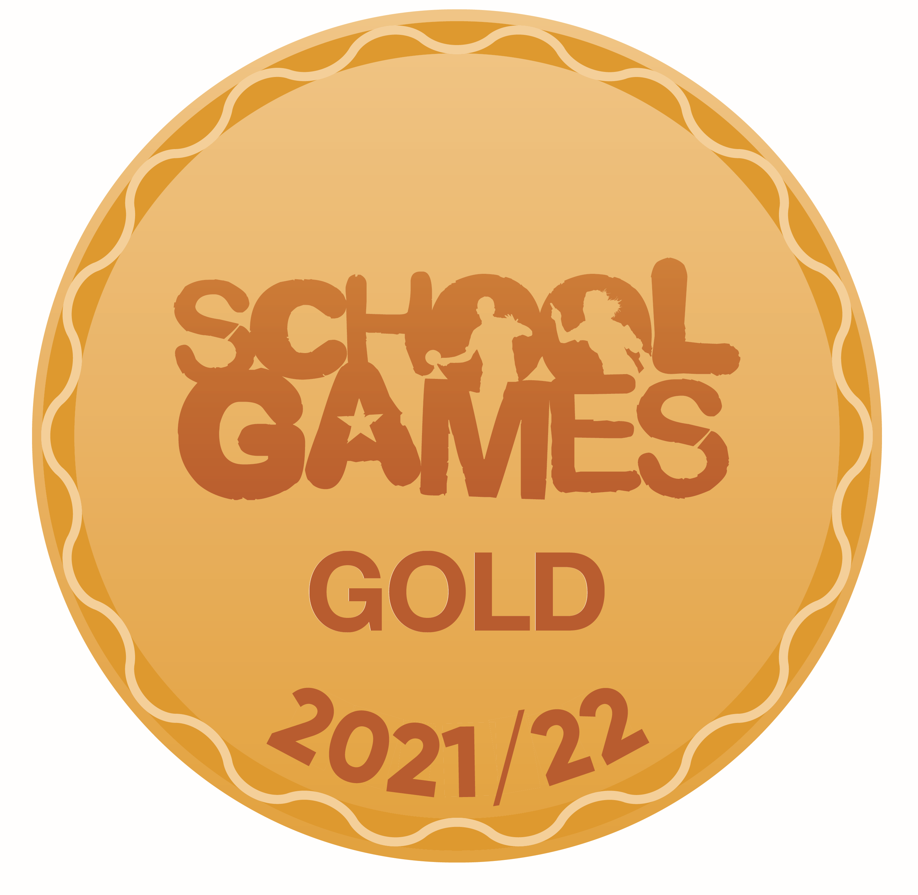Music
Our aim at Whitstable Junior School is to instil a lifelong passion for music in all of our children, giving them the opportunity to explore and engage with music from around the world as they enjoy learning today for life tomorrow.
The National Curriculum for music aims to ensure that all pupils:
• Perform, listen to, review and evaluate music
• Be taught to sing, create and compose music
• Understand and explore how music is created, produced and communicated.
At Whitstable Junior School our intent is to provide an engaging, broad, balanced and rich musical education built on prior learning which focusses on the key progression of skills set out in the National Curriculum. It is one that seeks to foster a love for music and gives children the confidence to express themselves musically, displaying individuality and creativity. Our intent is also to ensure that all children gain experience and understanding of what music is through listening, singing, playing, evaluating, analysing and composing across a wide variety of historical periods, styles, traditions, and musical genres. We are also committed to ensuring children understand the value and importance of music in the wider community, through exposure to a diverse range of musical genres, styles and traditions, helping them to understand the cultural significance of music.
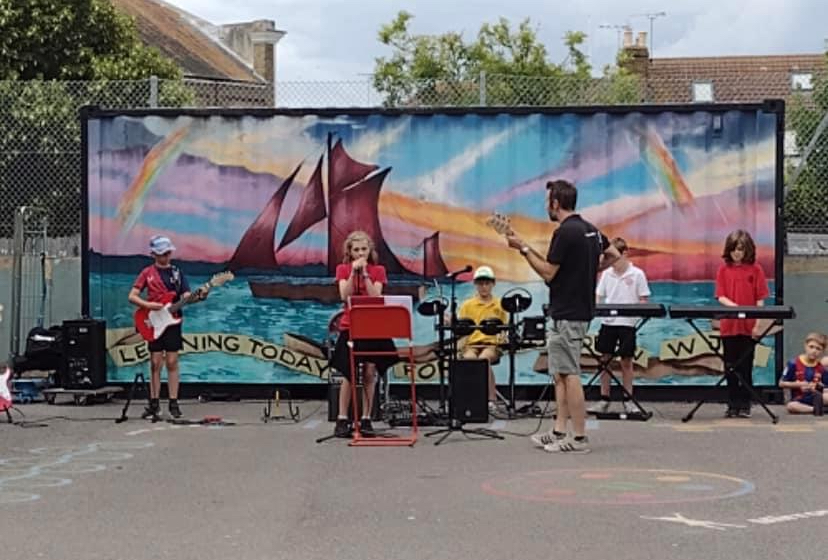
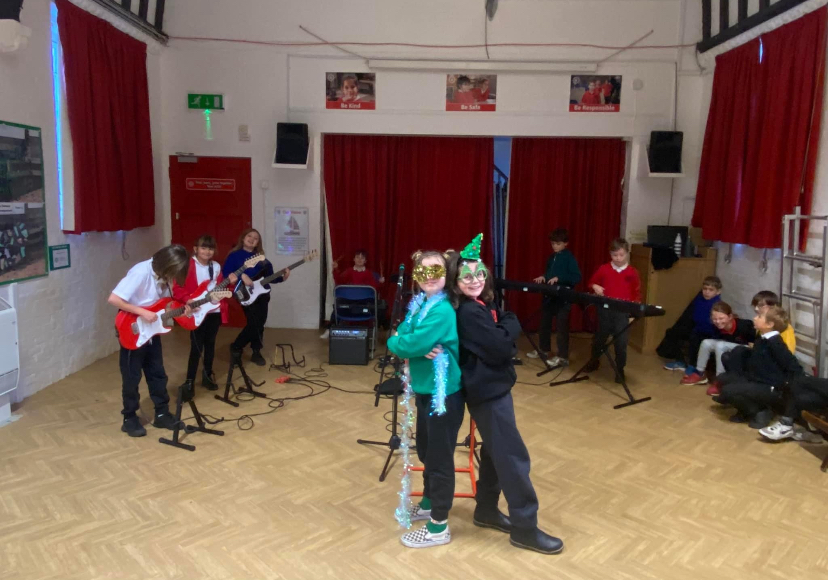
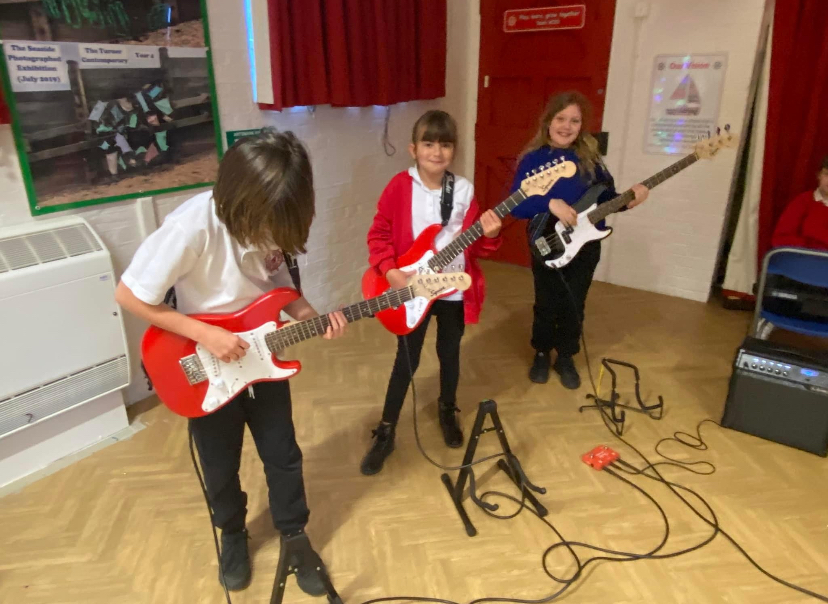
We do this through the use of the Charanga musical curriculum, which we have adapted to ensure that each term children are introduced to a range of musical genres and activities. The lessons begin with listening activities, focusing on a key song/piece for the unit. These activities then develop into aural activities and performance experiences. This curriculum is delivered alongside music lessons provided by a peripatetic music teacher who introduces the children to a number of different instruments, styles of music from around the world and music theory.
To ensure the successful intent of the Music curriculum, Whitstable Junior School has implemented the following practises:
Curriculum Design: Developed a progressive curriculum that is sequenced in a way that enables children to cover a variety of musical elements including rhythm, harmony, melody and composition.
Qualified Staff: Employed a specialist music teacher to ensure high quality teaching and learning for all children as well as the employment of a number of peripatetic music teachers to provide individual music lessons.
Inclusive Provision: Provides differentiated activities and resources to ensure that the diverse needs of pupils, including those with special educational needs or disabilities, are successfully met.
Practical Engagement: Offers regular opportunities for pupils to actively engage with music through singing, playing instruments, and composing.
Enrichment Activities: Provides children with access to music workshops and concerts to enrich the musical experiences of all children.
Cross-Curricular Links: Ensures music is embedded within the curriculum so that learning experiences are cross curricula.
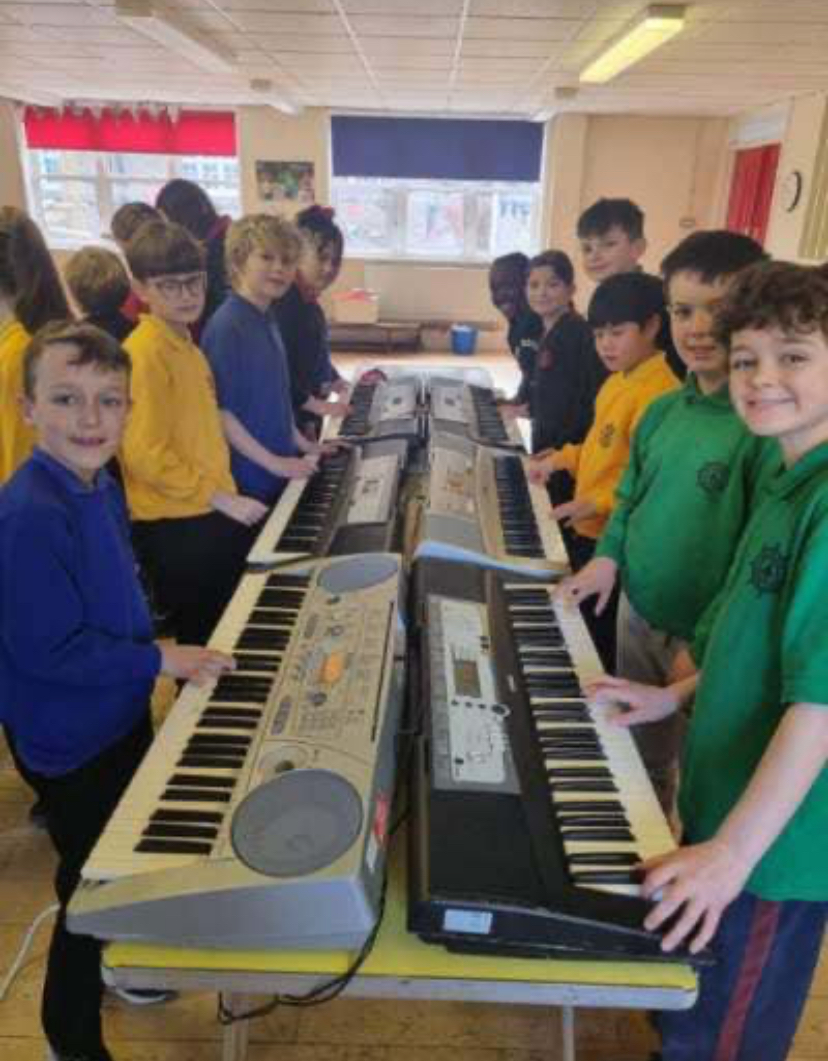
Assessment: Uses formative assessment methods to monitor and track pupils' progress and identify areas for improvement.
At Whitstable Junior School we ensure that the music curriculum has a positive impact on pupils through the demonstration of progress, achievement and enrichment. We value and celebrate high-quality musical performances, compositions, and evaluations that showcase pupils' progress and attainment. Our children become confident musicians who love performing, creating, and critically reviewing music, demonstrating a secure understanding of musical concepts. All of the adults who are involved in teaching music demonstrate a love of music that supports our children to value music as an integral part of education, with pupils expressing enthusiasm and enjoyment for musical activities. Many of our children engage with music outside of school, attending concerts, playing instruments, joining music groups or orchestras.



